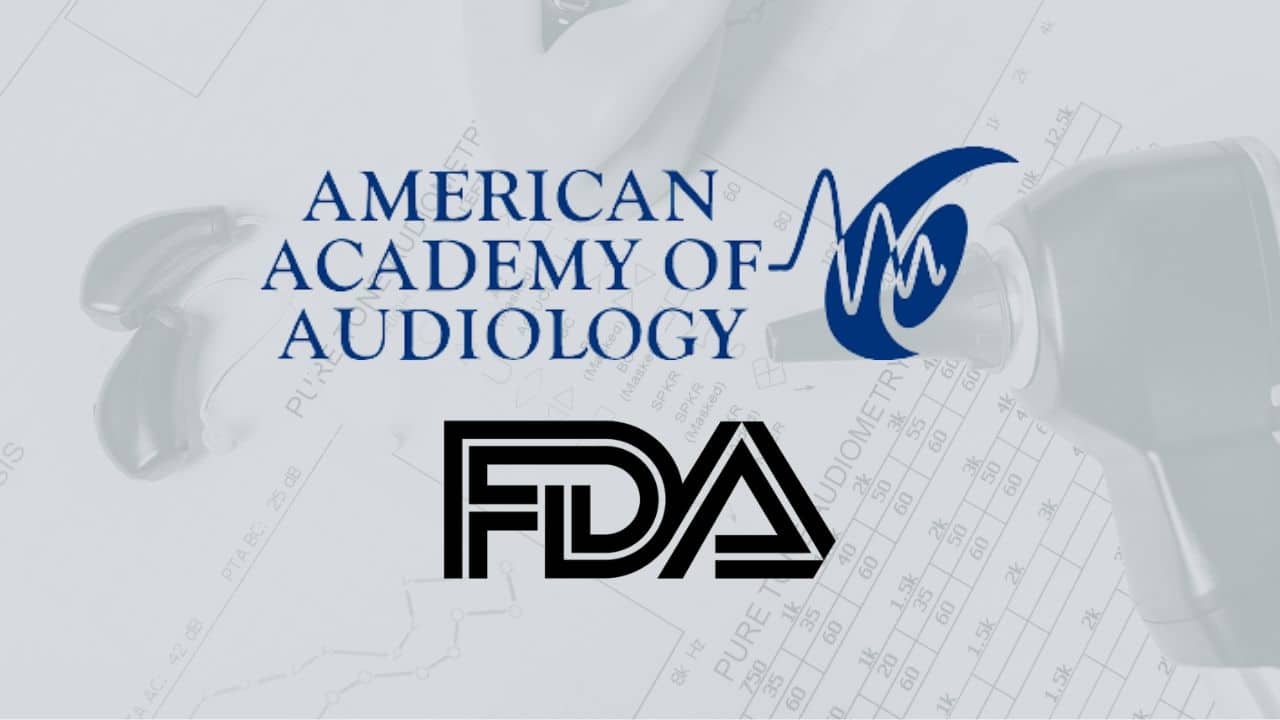RESTON, VIRGINIA — The American Academy of Audiology (AAA) has submitted a letter to the U.S. Food and Drug Administration (FDA) requesting clarification on two critical issues included in the final OTC hearing aid rule to ensure the final rule can be implemented in an expeditious manner.
Many state audiology licensing laws currently include a requirement that an individual receive medical clearance or sign a document waiving that requirement prior to receiving a hearing aid.
The final rule is clear that these state provisions may continue to exist but only with regard to “prescription hearing aids.” However, current state laws or regulations do not differentiate between the two “types” of hearing aids and instead reference only “hearing aids.”
“Until state licensing rules are updated to differentiate requirements for OTC hearing aids versus prescription hearing aids, it will be important for the FDA to provide guidance to states in terms of how these provisions should be applied.”
The final rule classifies all non-OTC hearing aids as “prescription.” We are concerned that some interests may equate “prescription” hearing aids as requiring a “prescription” from an individual with prescriptive authority as that term is currently used.
Prescriptive vs. Non-Prescriptive Hearing Aids
Prescriptive authority is currently defined at the state level for mid-level practitioners such as nurse practitioners and physician assistants—and may differ depending on the type of practitioner. Audiologists are not included in this classification.
AAA has asked the FDA to weigh in on the distinction between “prescription” hearing aids and “prescriptive” authority.
“We certainly understand the reasoning behind the delineation between “prescription” hearing aids and “hearing aids” or OTC hearing aids. However, we are concerned that some interests may equate “prescription” hearing aids as requiring a “prescription” from an individual with prescriptive authority as that term is currently used. Prescriptive authority is currently defined at the state level for mid-level practitioners such as nurse practitioners and physician assistants—and may differ depending on the type of practitioner. Audiologists are not included in this classification. In many cases, the state definition refers only to the prescribing of prescription drugs and controlled substances; however, there are some states (including but not limited to PA, VA, TX, WA) in which prescriptive authority is defined in some instances to also include devices and durable medical equipment.”
–AAA Comments to FDA on August 24, 2022
Source: AAA






